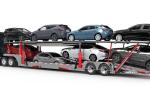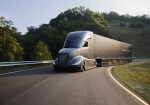Toyota Is A Big Proponent Of Hydrogen Technology

by AutoExpert | 27 August, 2021
Battery electric vehicles have gained a significant foundation in the industry as a result of the desire for cleaner personal transportation. Hydrogen vehicles do exist, but they're usually only available on short-term rentals in limited places.
Battery technology, on the other hand, has inherent limitations, especially in high-load situations like commercial haulage. This is where hydrogen could find a home, and Toyota is relying on it as it prepares to open a plant in Kentucky to produce fuel cell drivetrains in 2023.
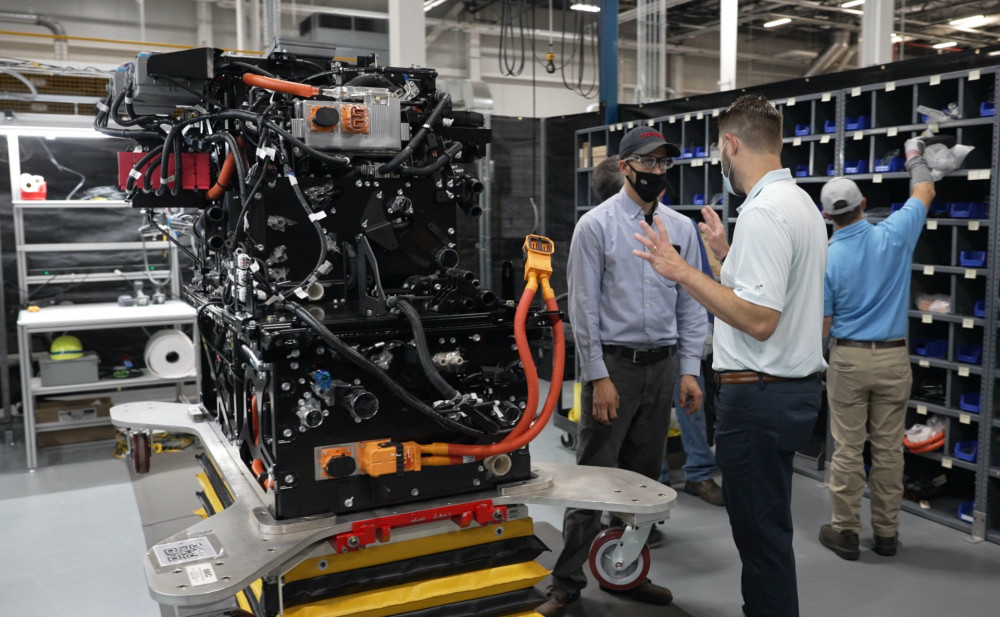
At Toyota Motor Manufacturing Kentucky, the project entails the establishment of a dedicated fuel cell module production line. These will be used in heavy vehicle applications, including as semi-trucks, which Toyota's subsidiary Hino has been working on. The goal is to provide fuel cell powertrain modules that can be fitted into manufacturers' designs.
Toyota's platform will have a constant power output of up to 160 kW and weigh around 1400 lbs, making it significantly lighter than battery-electric trucking solutions. The kit comes as a complete package, equipped with a high-voltage battery, motors, gearbox, and the essential hydrogen storage technology. The goal is to develop a fuel cell drivetrain capable of providing a Class 8 truck with a range of 300 miles when filled with 80,000 lbs.
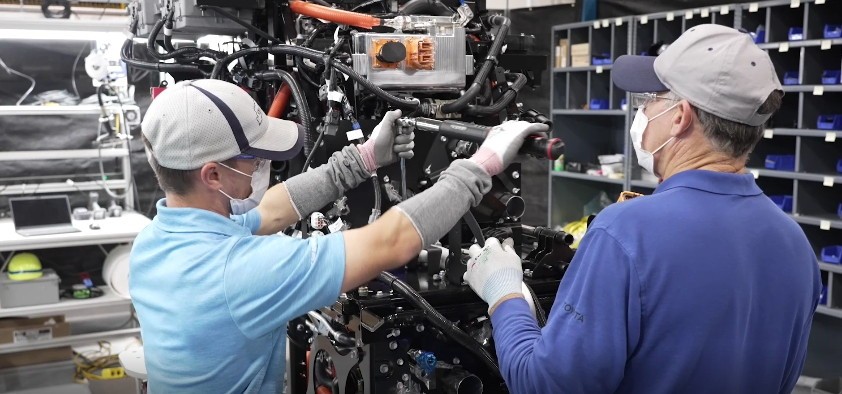
Hydrogen holds potential as a shipping fuel because it avoids many of the obstacles that have impeded fuel cell automobiles thus far. The absence of infrastructure has been a major barrier; to date, California is the only state with any significant hydrogen refueling infrastructure. This has a lower impact on commercial users because refueling stations can be located at depots rather than being dispersed across the road system for general public use.
For other reasons, trucking is an ideal application for hydrogen. Given the fact that heavy loads affect range, electric vehicles require large battery packs to maintain a good range, which adds weight and may limit payloads. Hydrogen fuel has a higher energy density than other fuels, hence this isn't an issue. Then there is the immediate advantage of speedy refueling, which electric vehicles can't match even with the fastest chargers just yet.
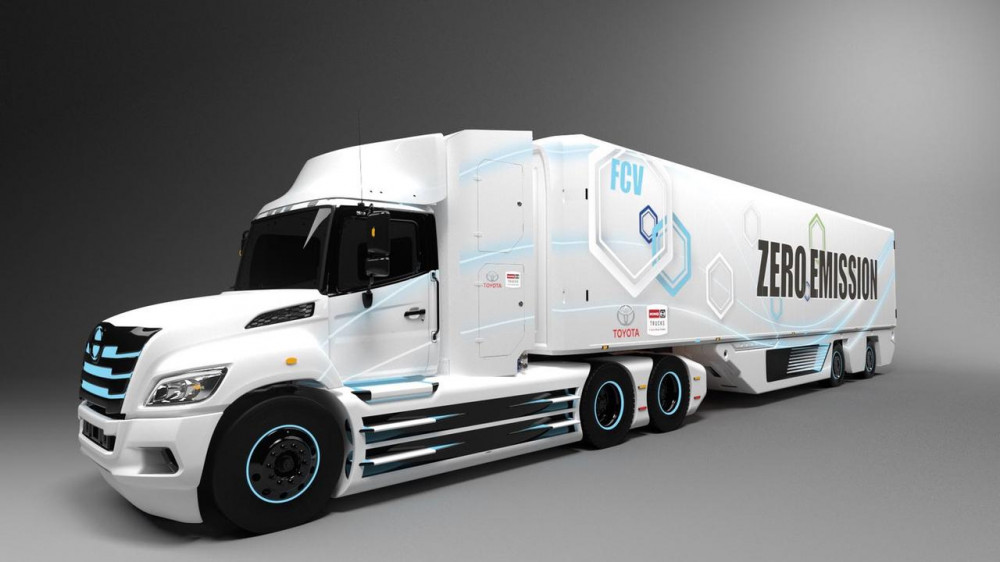
Toyota's decision indicates that the corporation sees substantial value in continuing to develop fuel cells. While it may never catch on in the passenger car market, it has the potential to be a huge success in the heavy-duty market.



